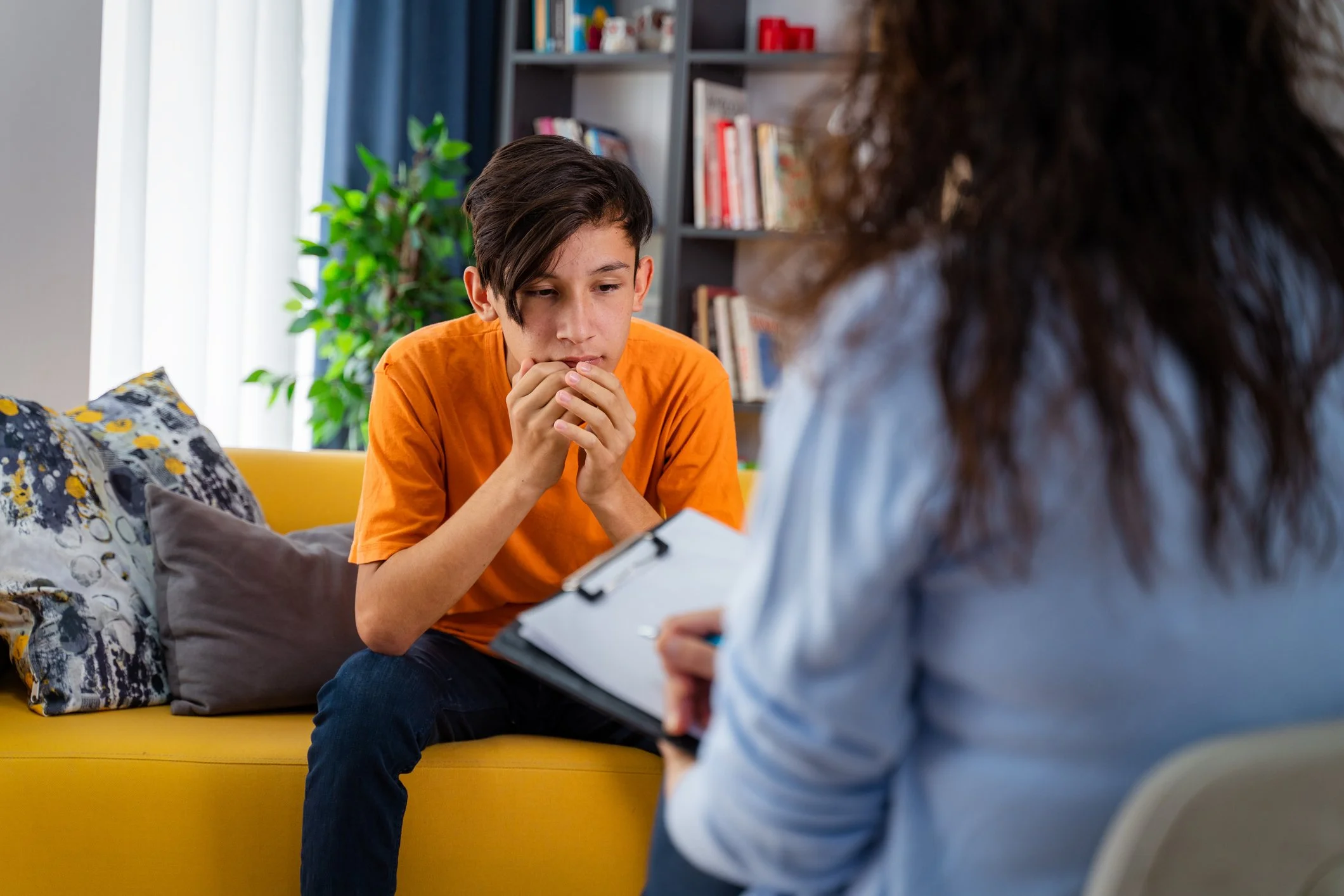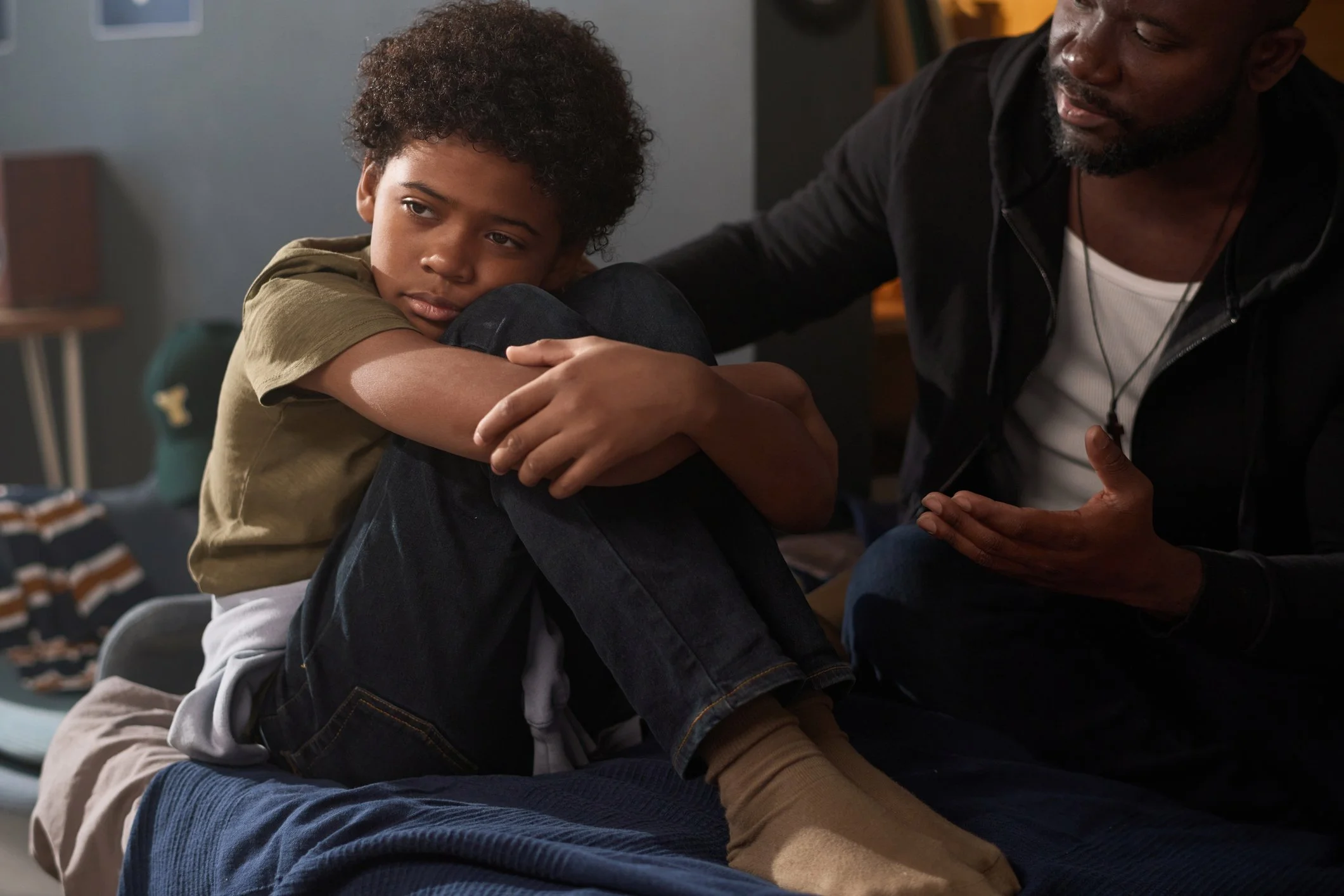
Alleviant Integrated Mental Health Blog
How Educators Can Model Mental Health Without Oversharing
As an educator, you play a huge role in shaping how students think about learning, relationships, and even themselves. What many people don’t realize is that you also shape how they view mental health.
Kids and teens are always watching. They notice how you handle stress. They pick up on your tone when something goes wrong. And when you speak honestly (without going too deep), they learn that it’s okay to talk about emotions and challenges.
The Mental Load of a New School Year: Support for Teachers in Transition
A new school year brings more than fresh supplies and lesson plans. It brings a quiet pressure that many people outside the classroom don’t always see.
There’s the excitement of a fresh start, yes, but also the weight of expectations, shifting routines, and the emotional energy it takes to show up for so many others, every single day.
Teachers carry a mental load that goes far beyond the job description. And as the first day of school gets closer, that load can feel heavier.
How to Start Meaningful Conversations with Your Pre-Teen or Teen on the Way Home from School
As a parent or caregiver, you know how important it is to stay connected with your pre-teen or teen. But getting them to talk about their day can feel like trying to crack a secret code. They may be tired, distracted, or just not in the mood to share. The good news is that the drive home from school offers a quiet, natural space to start a conversation without pressure.
At Alleviant, we understand that mental health isn’t just about managing symptoms. It’s about supporting the whole person, including the connections that matter most. Taking just a few minutes each day to check in with your child builds trust, opens communication, and helps you notice how they’re really doing beneath the surface.
How to Talk to Your Child About Mental Health
Talking about mental health with kids can feel tricky, even for the most loving and attentive parents. Maybe you’re not sure what to say. Maybe you don’t want to scare them or say the wrong thing. Or maybe you’re worried that bringing it up will make things worse.
But here’s the truth: your child doesn’t need perfect words. They need your presence. They need to know it’s okay to talk about feelings, especially the hard ones.
When mental health becomes something we talk about openly, it loses some of its power to scare or isolate. It becomes something we care for—together.
Teen Mental Health in August: Signs They’re Struggling And How to Help
August can feel like a pressure cooker for teens. The slower pace of summer is coming to an end, school is right around the corner, and for many young people, there’s a quiet (or not-so-quiet) sense of dread building beneath the surface.
Maybe your teen is feeling anxious about grades or friend groups. Maybe they’re dreading early mornings or dealing with body image stress as they head back into more social settings. Even if they don’t say much, you may notice changes in their mood or behavior this time of year.
School Year Stress in Children: Warning Signs Parents Miss
Not all struggles look the way you’d expect. Kids are incredibly resilient, but they also feel more than they often say. And during the school year, their emotional world can get a lot heavier.
There’s academic pressure, tricky social situations, bullying, schedule overload, and the struggle to stay organized in a busy environment. Many parents assume their child will speak up if something’s wrong. But often, school-related stress shows up in quiet, hard-to-read ways.
You know your child better than anyone. And still, it’s easy to miss the signs that they’re struggling.
Back-to-School Blues: Supporting Kids Through Seasonal Shifts
For many families, the end of summer brings a mix of emotions. Maybe your child is counting down the days until they see their friends again, or maybe they’re dragging their feet and dreading the first bell. Either way, it’s common for kids to feel a little off as summer winds down and school starts back up.
This seasonal shift can be a lot. Going from long, carefree days to early mornings, busy schedules, and new classroom routines is a big adjustment. Some kids handle it easily. Others feel anxious, irritable, or even sad and don’t know how to talk about it.
Resetting the Routine: Helping Your Family Shift Back Into Structure
Summer often means late nights, relaxed schedules, and days that feel wide open. But as the new school year approaches, shifting back into a routine can be challenging for both kids and parents.
Getting back into structure doesn’t have to be stressful. With some gentle planning and patience, you can help your whole family adjust smoothly and start the school year feeling calm and ready.








